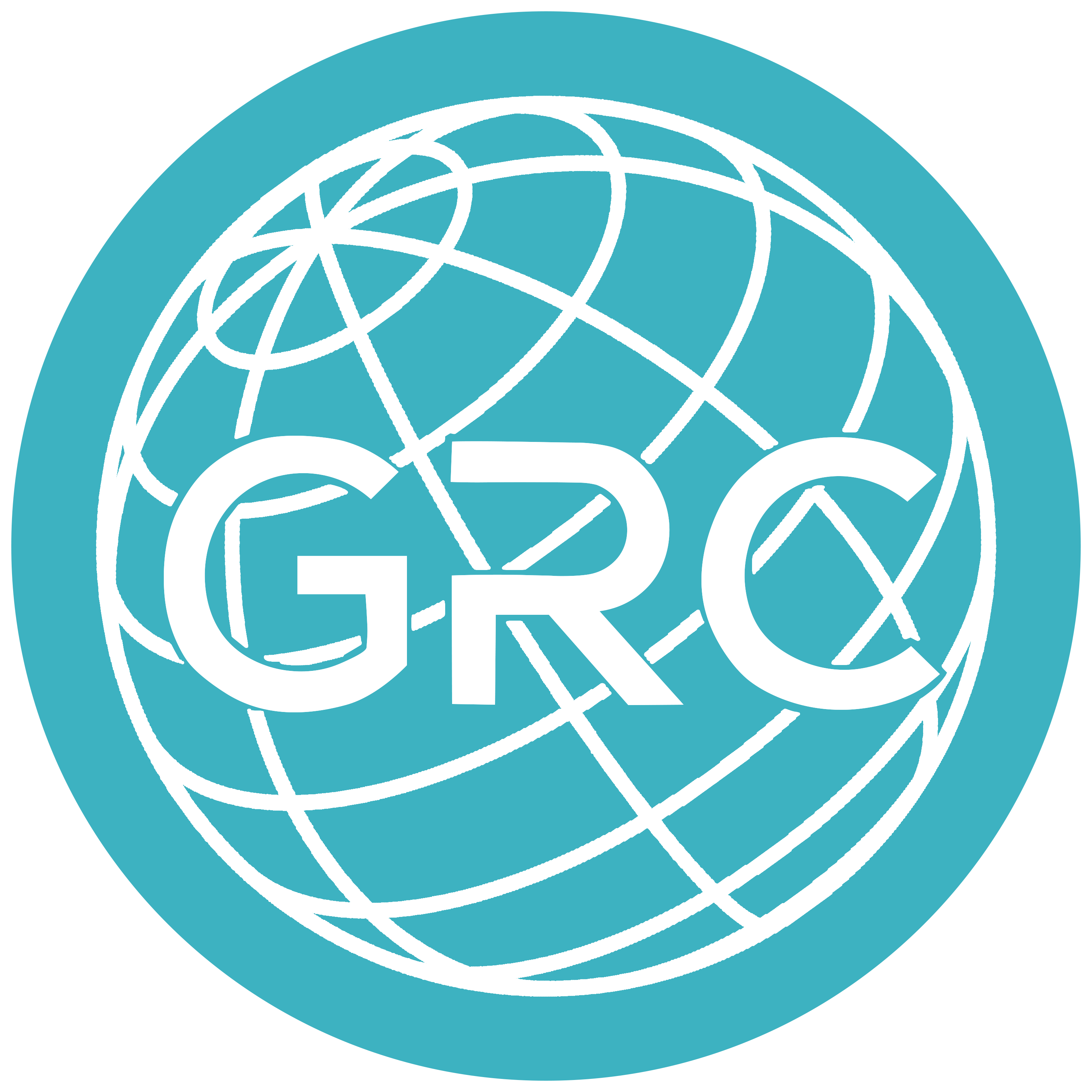Emerging Non-Profit Pharmaceutical Companies and Their Role in Drug Delivery
The pharmaceutical industry has had a long-suffering reputation. PatientView Quarterly’s 2013 study, “The Corporate Reputation of Pharma – The Patient Perspective” positioned the pharmaceutical industry as 2nd to last (of 8 industry sectors) in reputation. The 2017 Harris Poll study of Reputation Equity and Risk Across the Healthcare Sector revealed that only nine percent of US consumers believe pharma companies put people over profits.
This public mistrust of drug companies has been attributed by industry experts and critics to the lack of transparency in drug pricing, lack of transparency in corporate activity, and a reputation of engagement in self-serving philanthropy and questionable ethics. Amidst this trend is the rise of non-for-profit pharmaceutical companies and their quick embrace by the industry.
One company at the forefront is Civica RX, which claims that it will combat drug shortages and price hikes. A soon-to-be FDA approved generic drug manufacturer, Civica RX was first announced in early 2018, generating much discussion. A slew of hospitals and healthcare providers enlisted themselves as part of the venture, including Catholic Health Initiatives, HCA Healthcare, Intermountain Healthcare, Mayo Clinic, Providence St. Joseph Health, SSM Health, and Trinity Health. Even the Department of Veteran Affairs chose to consult with the non-profit. This positive reception came as a wake-up call to pharma industrial behemoths.
Business Models
Much discussion has emerged surrounding the business models of generic drug manufacturers. Civica RX identified 14 drugs to manufacture, with the criterion being having a price increase of 50 percent or more from 2014 to 2016. Civica RX’s initial focus on drugs that are either facing shortage or are produced by a single manufacturer are aligned with its aim to increase drug supply but may be a source of difficulty.
Another non-profit, Harm Reduction Pharmaceuticals received a donation from Purdue Pharma to produce Narcan at a fraction of the current price ($125 for a two-pack). These companies aim to stabilize the supply of hospital-delivered drugs and injectables through lower prices and niche choice of deliverables.
Several industry experts have these startups for their unique approach. According to Todd Ebert, CEO of the Healthcare Supply Chain Organization that represents GPOs,
“Civica Rx will have a handful of products for now and hospitals will commit to 50% of that particular product line and use the GPO for the rest. We applaud the fact that they are pursuing a different model. We all want to solve this issue and can learn from each other. Civica Rx could play a much-needed role.”
Other Concerns
These companies will have to navigate concerns about lab safety, maintenance, and production. There are also many questions on how they will balance benefits between institutions and the public. According to Kevin Outterson of Boston University, pricing is also a concern as, “the more generic companies you have producing a particular product, the more competitive the pricing is."
Questions
This trend, although encouraging, raises many questions for pharmacies, healthcare providers and the industry at large.
How successful will non-profit pharma be at alleviating drug shortage?
Will their business models hold up to the industry?
How will pharma giants (Pfizer, Amgen, etc.) respond to this trend?
What effects will this have on the future of the healthcare industry?
For now, we can only wait and see what's next for the pharmaceutical industry.
By Rekha Vegesna



